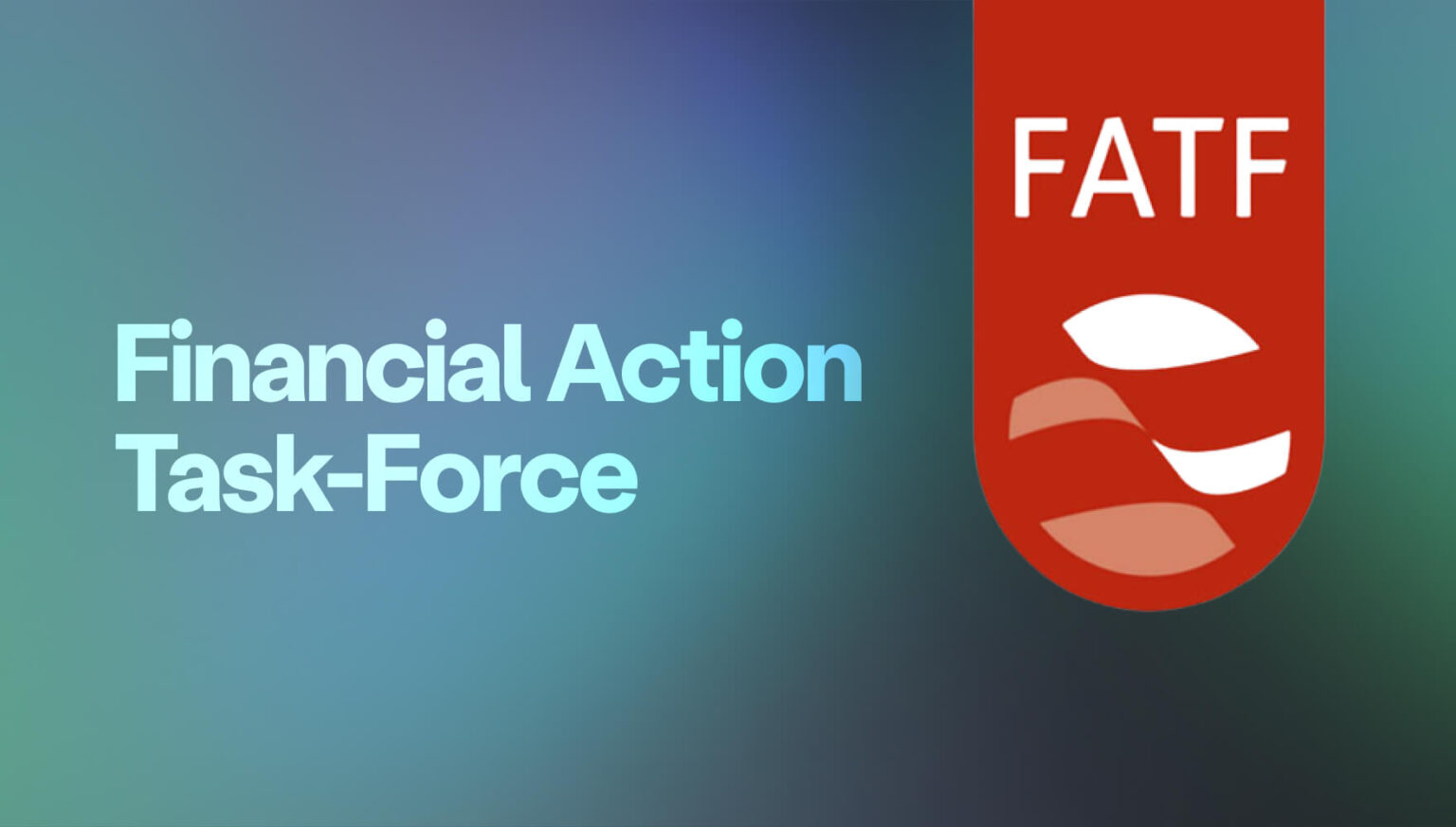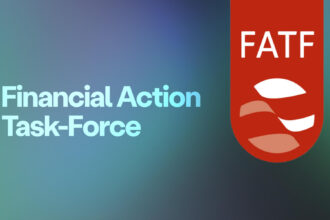- Key Amendments to the Anti-Money Laundering Bill
- Changes to the Financial Intelligence Centre Act
- Access to Restricted Funds
- Addressing Technology Risks
- Strengthened Reporting Obligations
- Deregistration for Non-Compliance
- Higher Administrative Fines
- Broader Changes in Financial Sector Regulation
- Public Participation and Next Steps
- Conclusion
South Africa faces a critical deadline as the Financial Action Task Force (FATF) prepares to review the country’s progress on anti-money laundering measures. The nation has until May 2025 to address six action items outlined by the FATF to improve its anti-money laundering and combating terrorism financing (AML/CFT) framework.
To meet these demands, the National Treasury has proposed significant amendments to the General Laws (Anti-Money Laundering and Combating Terrorism Financing) Amendment Bill. The FATF Africa Joint Group will visit South Africa in May 2025 to evaluate the country’s progress.
Key Amendments to the Anti-Money Laundering Bill
Increased Penalties for Non-Profit Offences
Non-profit organisations found guilty of offences under the amended laws could face penalties of up to R1 million, five years in prison, or both.
Changes to the Financial Intelligence Centre Act
Access to Restricted Funds
The Financial Intelligence Centre (FIC) Act will now allow individuals or entities with frozen accounts to access funds for extraordinary expenses. These expenses must be justified and approved by the finance minister. This adjustment ensures that legitimate humanitarian or critical needs are met without compromising the AML/CFT framework.
Addressing Technology Risks
Institutions must now assess risks associated with new products or services, particularly those involving technology. They are required to implement measures to mitigate these risks and notify the Financial Intelligence Centre and relevant authorities of their plans.
Strengthened Reporting Obligations
Companies must scrutinise their client databases for entities or persons listed under FIC notices. They must report any control, possession, or attempted transactions involving assets linked to listed entities or persons within a specified period.
Deregistration for Non-Compliance
The Companies and Intellectual Property Commission (CIPC) now has broader powers to deregister companies that fail to submit securities registers or beneficial ownership registers for over a year.
Higher Administrative Fines
Non-compliance with beneficial ownership reporting will result in fines of up to R10 million or 10% of a company’s turnover during the non-compliance period, whichever is greater.
Broader Changes in Financial Sector Regulation
Expanded Licensing
The definition of financial products and services has been expanded to include digital financial tools such as fintech solutions, virtual assets, and blockchain-based services. This ensures regulatory oversight of innovative financial products.
Enhanced Enforcement Powers
Regulators now have the authority to act preemptively if a contravention is suspected or in progress. This includes the ability to demand information directly from beneficial owners, improving transparency and reducing opportunities for financial crimes.
Public Participation and Next Steps
South Africans can submit written comments on the draft amendments by Thursday, 6 February 2025. Comments should be emailed to Commentdraftlegislation@treasury.gov.za. Public workshops and consultations will follow to refine the proposals before they are presented to Cabinet.
Conclusion
These amendments signify South Africa’s commitment to tightening its financial regulatory framework. With the FATF’s on-site visit looming, the country is under pressure to demonstrate meaningful progress in combating financial crimes.









